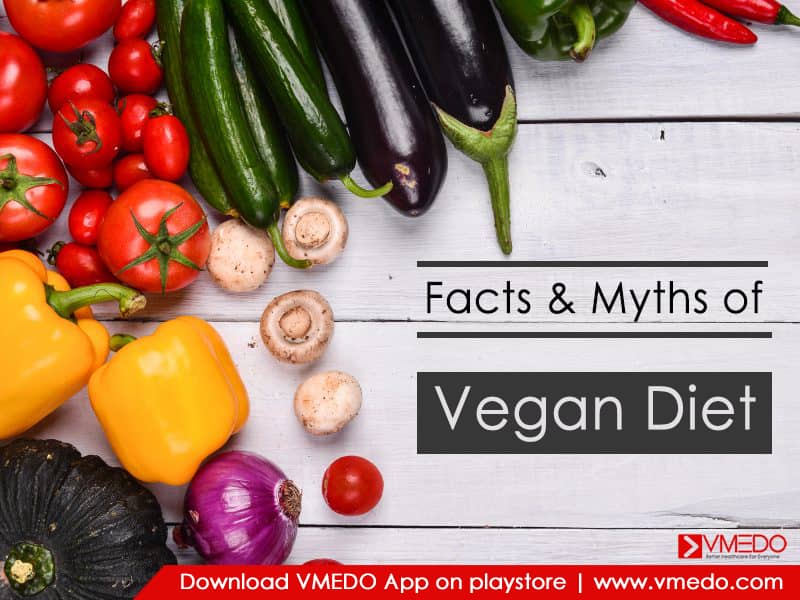
So what is the best way to ensure a food is a good choice? We want to eat healthy to fuel our bodies, but where do we start? But your points are well taken, and I thank you for taking the time to share them with me. A whole-foods, plant-based diet can help you lose weight and improve your health. Ah, the daddy of them all. These key nutrition label components are much better indicators of a food’s health than whether or not it is vegetarian. Just fill the email you used upon registering, and we’ll send you a link to your inbox to reset your password. When you go to a supermarket, do you find vegetables to be priced higher than steak?
Like anything in life, you have to work hard at achieving it. Freshly Picked. Dude, I drink a vegan protein shake first thing every morning with more than 30g protein in it. After all, who will consciously object to you leading a nonviolent lifestyle? Myth number 5 struck a chord with me. Plant-based protein sources are aplenty Read: soya, lentils, pulses, broccoli, seaweed, peas and spinach, beans, brown rice, whole wheat bread and pasta, quinoa, peanuts, cashews, almonds, pistachios and walnuts. All of that did not stop me from eating about 6 vegan cupcakes, of course! My wife and I made the decision to go vegetarian about four years ago. Is this another myth or am I getting totally confused?
Vegetarian meals are gaining in popularity — even among regular meat-eaters. As more and more individuals reduce their meat intake, one essential question remains: Are vegetarian and vegan diets healthy? The answer is yes. If appropriately planned, vegetarian or vegan diets can be healthful, nutritionally adequate and may provide health benefits in the prevention and treatment of certain diseases. But many myths still surround the health implications of a vegetarian diet. Learn the facts when it comes to plant-based diets.
